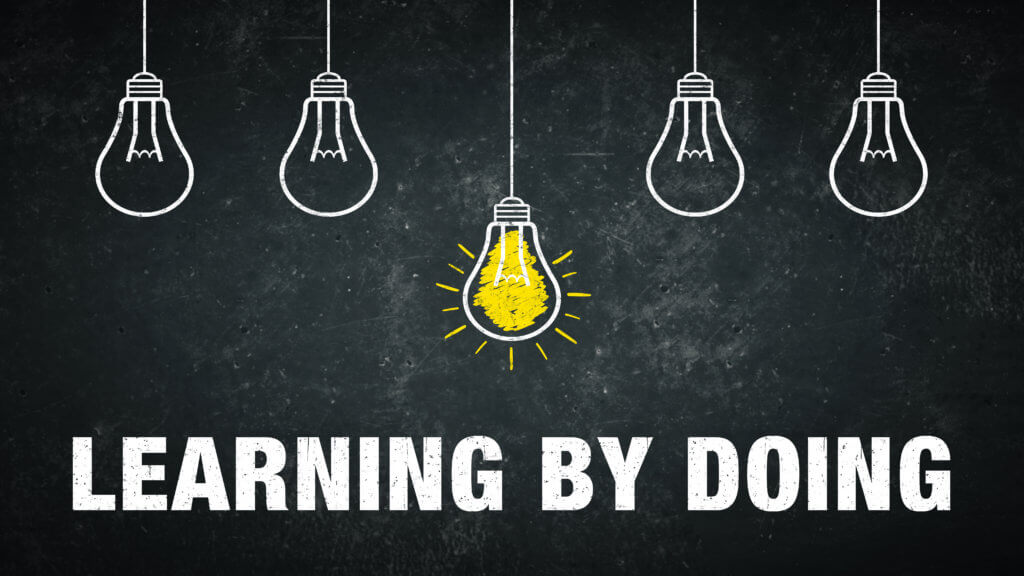Categories: Learning Theories & Strategies / Instructional Design, Digital Media || 3 hours (for total workshop) || 60 min / workshop
About the Workshop Series:
Universal Design for Learning (UDL) is a brain-based approach to teaching and learning that gives all students equal opportunity to succeed. Join Matt Bergman for a series of three collaborative, hands-on workshops where you will have the opportunity to make-and-take a variety of content-specific lessons, assignments, and assessments that follow The UDL Guidelines and provide students with clear goals and flexible means.
Series Workshop Descriptions
Who Should Attend?
Elementary Educators (K-5), Middle Grades Educators (6-8), High School Educators (9-12), Special Education Teachers, Paraprofessionals, Multimedia Teachers, Other school support staff, Curriculum Directors / Instructional Support, School Counselors, Administrators
Meet the Presenter

Matt Bergman is a former teacher turned international speaker, blogger, consultant, and Learning Technologies Specialist. He is passionate about infusing technology into instruction in meaningful, personalized, and accessible ways. Matt was recognized for his efforts in 2015 as the PAECT Teacher of the Year and has proudly served as a Harvard University UDL Institute faculty member, Google for Education Certified Trainer, Apple Educator, and CAST Professional Learning Faculty Member.





